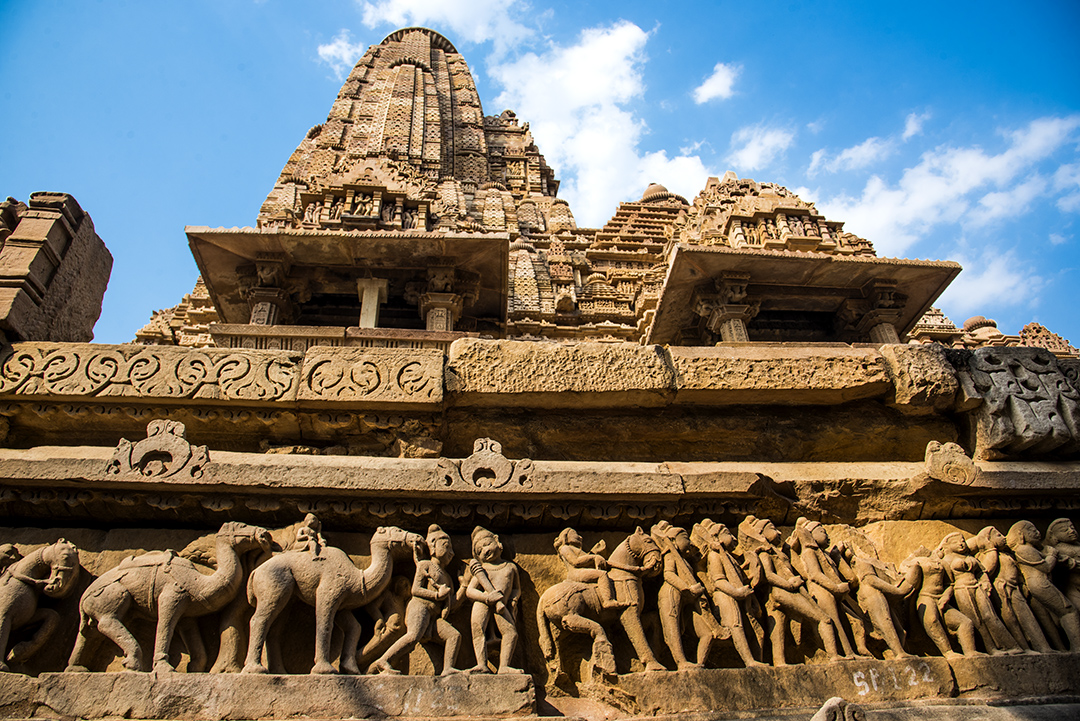India is a land of rich history and cultural heritage, boasting a diverse range of ancient scientific achievements, architectural marvels, and innovative advancements. From the Indus Valley Civilization to the Gupta Empire, the country has witnessed the rise and fall of several great civilizations, each leaving behind a unique legacy worth exploring.
Ancient Historical Science
India has a long-standing tradition of scientific inquiry that dates back thousands of years. Ancient Indian scholars made significant contributions to various fields of science, including mathematics, astronomy, medicine, and metallurgy.

One of the most notable achievements of ancient Indian science is the concept of zero and the decimal system, which revolutionized mathematics and laid the foundation for modern-day numerical calculations. Indian astronomers accurately calculated the Earth’s circumference, the distance between celestial bodies, and even discovered the concept of gravity.

Architectural Marvels
The architectural wonders of ancient India continue to awe and inspire people from all around the world. From the intricate carvings of the Ajanta and Ellora Caves to the majestic temples of Khajuraho other than iconic Taj Mahal, these structures are a testament to the skill and craftsmanship of ancient Indian architects.

The rock-cut temples of Ellora, for example, showcase the fusion of Buddhist, Hindu, and Jain religious influences, while the Sun Temple of Konark is renowned for its intricate carvings depicting various aspects of ancient Indian life. The temple complexes of Hampi and Mahabalipuram are also architectural marvels that provide valuable insights into the history and culture of ancient India.

Innovative Advancements
Ancient India was a hub of innovation, with advancements in various fields that continue to impact modern society. The country was known for its skilled metallurgists who developed techniques to extract and purify metals, resulting in the production of high-quality steel and alloys.

Furthermore, ancient Indian physicians made significant contributions to the field of medicine, with Ayurveda, the traditional Indian system of medicine, gaining recognition worldwide. Ayurvedic practices, such as herbal remedies and yoga, continue to be embraced for their holistic approach to health and well-being.
Ancient Indians were also pioneers in the field of town planning and sanitation. The well-planned cities of the Indus Valley Civilization, with their advanced drainage systems and grid-like street layouts, serve as a testament to their urban planning skills.

Conclusion
The ancient historical science, architecture, and innovation of India are a treasure trove of knowledge and inspiration. Exploring these aspects not only allows us to appreciate the achievements of our ancestors but also sheds light on the timeless wisdom and ingenuity that continues to shape our world today.
As we delve into the rich tapestry of India’s past, we gain a deeper understanding of our roots and the contributions our ancestors have made to the fields of science, architecture, and innovation. By celebrating and preserving this heritage, we ensure that the legacy of ancient India lives on for future generations to marvel at and draw inspiration from.


